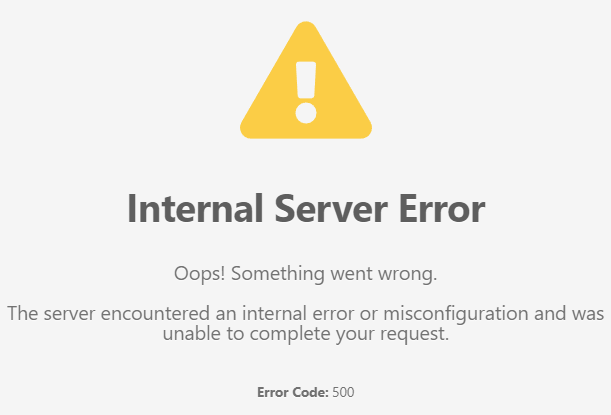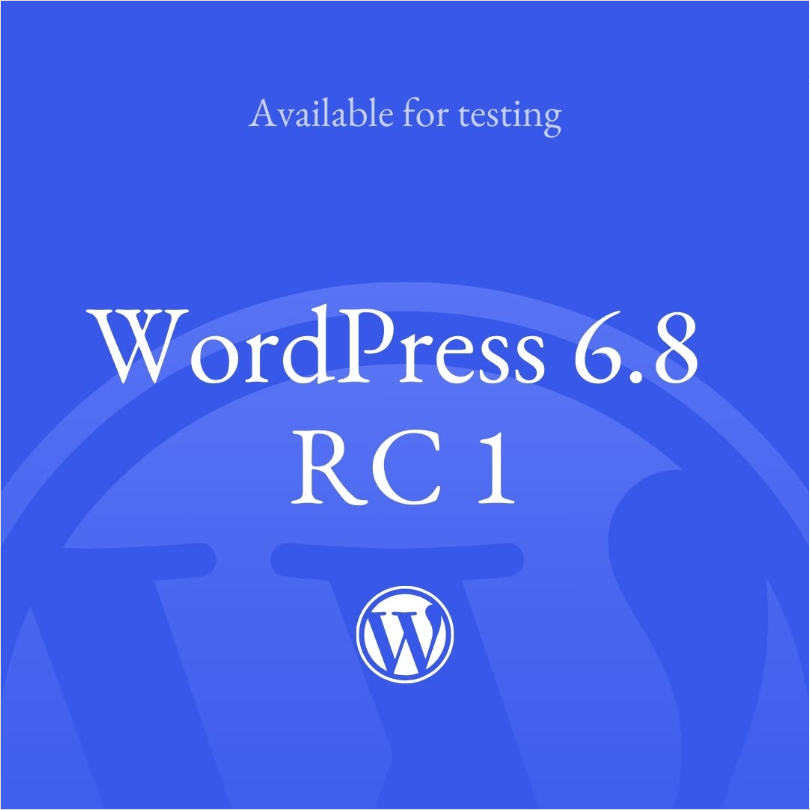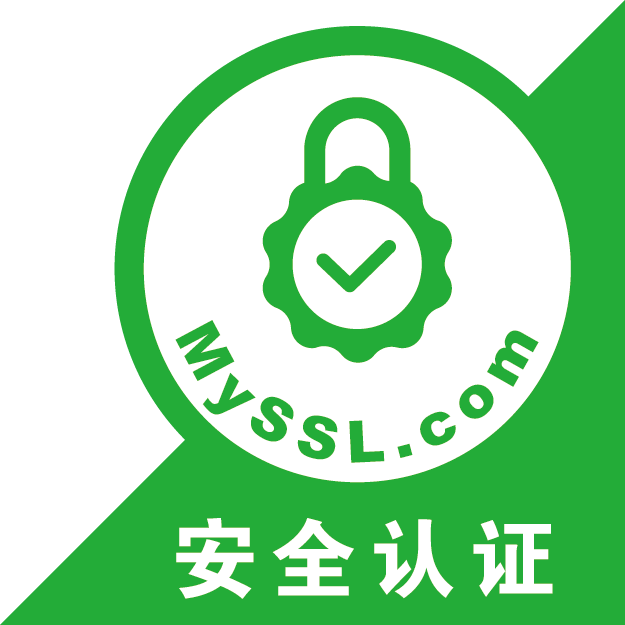in using Elementor and caching plugins, you may encounter some conflicting issues with your website's performance, especially if you are updating content on your website frequently. A common error is the "You Must Call the Content Function" error, which is usually related to theCaching Pluginsetting is related to Elementor's dynamic content rendering mechanism. This error affects the loading speed of the site and may also affect the user experience.
![Image [1] - How to Avoid Elementor Conflicts with Caching Plugins and Optimize Load Speed](http://gqxi.cn/wp-content/uploads/2025/07/20250705144831530-image.png)
This article will provide you with the information you need to avoid Elementor and caching.plug-in conflict, and performance optimization tips to help you solve theContent function errorissues to ensure the proper functioning of the site.
Why is there such a conflict?
Elementor is a Dynamic Page Builder, it will update the page content in real time according to the settings in the editor. On the other hand, the caching plugin caches the page content and provides static files to speed up loading. When the page is updated, theThe cache plugin may not clear the cache correctly, resulting in users seeing outdated content, or the appearance of caching with thedynamic contentConflicts between renders that eventually trigger errors.
Optimization Tips to Avoid Elementor Conflicts with Caching Plugins
To ensure that Elementor and the caching plugin work together smoothly and to avoid function errors, here are some practical optimization tips:
1. Disable dynamic page caching for caching plugins
Many caching plugins allow you to disable caching for specific pages. For Elementor Edit Page maybe Dynamic Content Pages, you should disable the caching function of the caching plugin to ensure that the latest content is displayed every time the page loads.
![Image [2] - How to Avoid Elementor Conflicts with Caching Plugins and Optimize Load Speed](http://gqxi.cn/wp-content/uploads/2025/07/20250705152817756-image.png)
- In the cache plugin settings, look for dynamic content maybe page cache The options.
- Disable caching on Elementor pages or edit pages to ensure that these pages are not cached by the caching plugin.
- For the use of WooCommerce of the e-commerce site to ensure that the shopping cart, checkout and payment pages are not cached.
2. Clearing the cache and excluding static file caches
Caching plugins usually cache static resources of a website (e.g. CSS, JS files, images, etc.) to speed up loading. To avoid content function errors, it is recommended to clear the cache regularly, especially when updating the content of Elementor pages.
- Manually clear the cache on a regular basis, especially after modifying the content of the page.
![Image [3] - How to Avoid Elementor Conflicts with Caching Plugins and Optimize Load Speed](http://gqxi.cn/wp-content/uploads/2025/07/20250705153304324-image.png)
- In the cache plugin settings, make sure that dynamic content and static file caching are correctly separated to avoid the cache plugin caching all content.
- assure JS and CSS The file cache does not block dynamically loaded content.
3. Enabling Compatibility Mode for Elementor
a fewCaching Pluginfurnish Elementor Compatibility ModeThis mode ensures that the caching plugin and Elementor work together to avoid conflicts. When this mode is enabled, the caching plugin automatically ignores pages that are dynamically rendered using Elementor.
- In the settings of the cache plugin, look for Elementor Compatibility Mode Options.
- Enable this feature to ensure that the caching plugin does not cache dynamic content generated by the Elementor editor.
- Test page loads to make sure there are no content rendering errors.
4. Using Object Caching to Accelerate Performance
object cache is another way to optimize, especially for WordPress sites that have a lot of dynamic data interactions. When enabling caching plugins, consider using the Redis maybe Memcached to cache database query results, not just page content.
- Install and enable Redis maybe Memcached plugin to improve database performance.
![Image [4] - How to Avoid Elementor Conflicts with Caching Plugins and Optimize Load Speed](http://gqxi.cn/wp-content/uploads/2025/07/20250705151748242-image.png)
- Ensure that the caching plugin is compatible with the object caching functionality to avoid conflicts between static caching and dynamic content.
- For pages with a lot of dynamic content, enabling object caching can help improve speed and avoid the need for "You Must Call the Content Function" Error.
5. Optimize cache plugin settings
Some caching plugins (such as WP Rocket,W3 Total Cache etc.) provides detailed setting options that you can use to optimize your caching strategy as needed. To avoid conflicts between Elementor and caching plugins, here are some optimized settings:
![Image [5] - How to Avoid Elementor Conflicts with Caching Plugins and Optimize Load Speed](http://gqxi.cn/wp-content/uploads/2025/07/20250705153622639-image.png)
- Exclude Elementor page: Exclude Elementor pages and dynamically generated content in the settings of the caching plugin.
- start usingdelayed loading: Enable the Lazy Load feature to minimize resource requests when the page is initially loaded and avoid conflicts with cached content.
- Setting the cache expiration time: Setting the cache expiration time ensures that the cached content is updated in a timely manner, preventing the use of outdated cache files for a long period of time.
6. Check plugin compatibility
Sometimes, other plugins may affect the compatibility of Elementor and caching plugins, causing thecontent functionThe error appears. To troubleshoot plugin conflict issues, it is recommended:
- Disable all other plugins: Temporarily disable all non-essential plugins to see if the problem is resolved.
- Enabling plug-ins one by one: Enable plug-ins one by one to find the ones that may be causing problems and adjust or replace them.
7. Use the latest version of Elementor and the caching plugin
Make sure your Elementor and Cache plugin are the latest versions. Developers typically release updates to address known compatibility issues, improve plugin performance, and ensure that the two work together.
summarize
Elementor The issue of conflict with caching plugins is one of the common challenges for e-commerce websites, especially when dynamic content is not compatible with static caching.
Keeping caching plugins, Elementor and other plugins up to date to ensure your website runs smoothly can provide a better experience for your visitors, leading to increased conversions and user satisfaction. If you're experiencing problems, you can find the root cause through step-by-step troubleshooting and adjust your settings according to the tips above to avoid conflicts and errors.
Link to this article:http://gqxi.cn/en/65800The article is copyrighted and must be reproduced with attribution.

























![Emoji[jingya]-Photonflux.com | Professional WordPress repair service, worldwide, rapid response](http://gqxi.cn/wp-content/themes/zibll/img/smilies/jingya.gif)






No comments